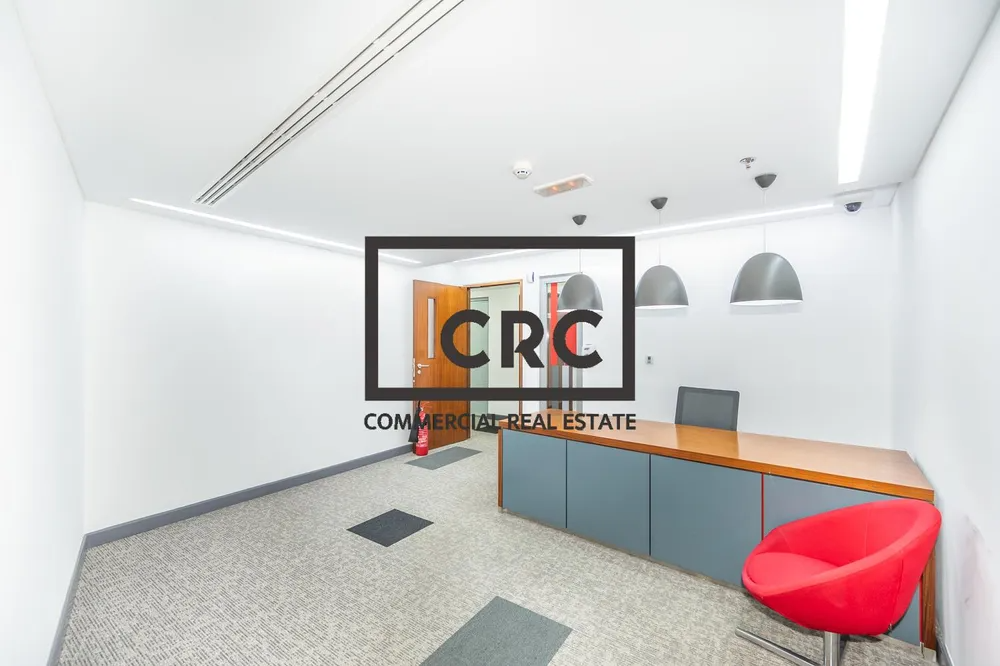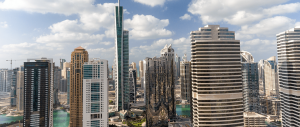
Choosing a commercial property for investment purposes requires careful analysis and consideration of several factors. Mazaya business avenue, a prominent commercial development in Dubai, stands proof to the importance of rigorous evaluation when selecting prime real estate assets. Location, tenant profile, property age and condition, market trends, and financing options constitute key criteria informing wise investment decisions capable of yielding substantial returns over time. Below are key steps detailing how to choose a commercial property for investment:
Location:
Location is perhaps the most critical factor when choosing a commercial property for investment. A prime location can significantly impact the property’s growth for rental income, appreciation, and overall success. Consider factors such as accessibility, visibility, proximity to transportation hubs, population density, and demographic trends in the area. Properties located in thriving business districts or high-traffic retail areas tend to attract more tenants and command higher rental rates.
Property type:
Different types of commercial properties offer varying levels of risk and return on investment. Evaluate your investment goals, risk tolerance, and market conditions to determine the most suitable property type for your portfolio. Office buildings, retail spaces, industrial properties, and multifamily complexes each have unique characteristics and market dynamics that can affect their investment growth. Conduct thorough market research and analysis to identify which property type aligns with your investment objectives.
Market dynamics:
Understanding the local market dynamics is crucial for making informed investment decisions. Research market trends, vacancy rates, rental rates, demand-supply dynamics, and economic indicators in the target market to assess the investment growth of a commercial property. Consider factors such as population growth, job creation, industry diversification, and commercial development in the area. A strong and stable market with favorable growth prospects can enhance the long-term viability of your investment.
Financial considerations:
Evaluate the financial aspects of the investment, including purchase price, financing options, operating expenses, cash flow projections, and returns. Conduct an inclusive financial analysis to assess the property’s income growth, operating costs, and overall profitability. Consider factors such as property taxes, insurance, maintenance expenses, utilities, and property management fees. Calculate key financial metrics such as cap rate, cash-on-cash return, and internal rate of return to determine the investment’s viability and ROI.
Tenant considerations:
Evaluate the existing tenant profile, lease terms, and occupancy rates of the commercial property. Consider factors such as tenant stability, creditworthiness, lease expiration dates, and rental escalations. Analyze the tenant mix and diversification to mitigate risk and ensure a stable income stream. Assess the property’s leasing history, tenant retention rates, and market competitiveness to gauge its attractiveness to prospective tenants.

